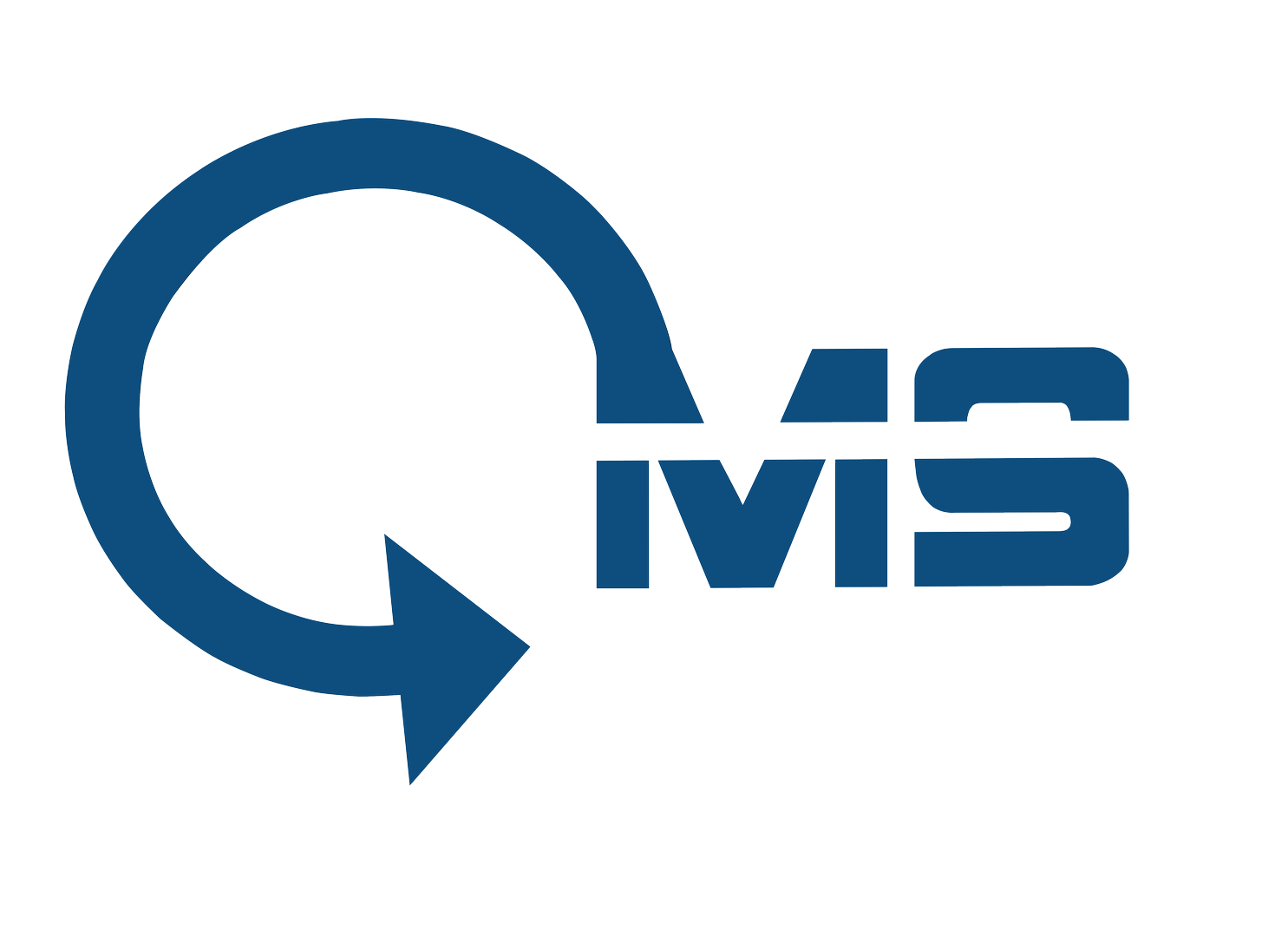QMS Impartiality Policy
impartiality in ISO certification is essential to uphold the integrity, credibility, and trustworthiness of the certification process, ultimately benefiting both certified organizations and stakeholders involved in the certification process.
Credibility: Impartiality ensures that the certification process is fair, unbiased, and free from conflicts of interest, enhancing the credibility and trustworthiness of the certification body and the certification process.
- Objectivity: Impartiality helps make decisions based on objective evidence and criteria, rather than personal or external influences, ensuring the integrity and reliability of the certification process
- Consistency: Impartiality promotes consistency in the application of certification standards and requirements, leading to reliable and comparable certification outcomes for organizations seeking certification.
- Stakeholder trust: Impartiality builds trust among stakeholders, including organizations seeking certification, regulators, customers, and the public, by demonstrating that certification bodies operate with integrity and independence.
Legal and ethical considerations: Impartiality is a legal and ethical requirement for certification to ensure that certification decisions are made fairly and transparently, without favoritism or discrimination
- Confidentiality Policy
- We commit to safeguarding all confidential information obtained from clients during the course of certification activities.
- Confidential information is only accessible to authorized personnel.
- Electronic and physical records are stored securely with restricted access.
- Confidentiality agreements are signed by all personnel and contractors.
- Disclosure
- Information will not be disclosed to any third party without prior written consent from the client, unless required by law or accreditation bodies.
- When disclosure is legally required, the client will be informed unless prohibited by law.
© 2024 QMS All Rights Reserved.

